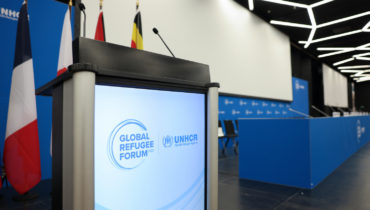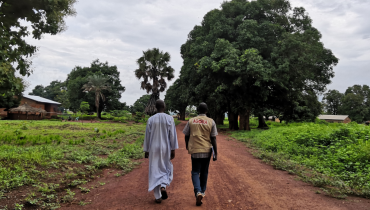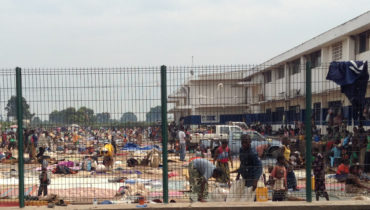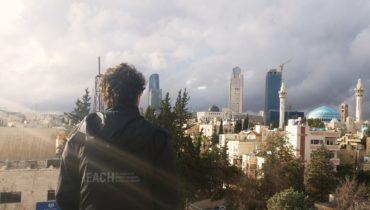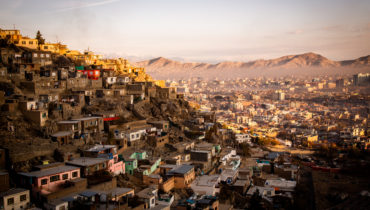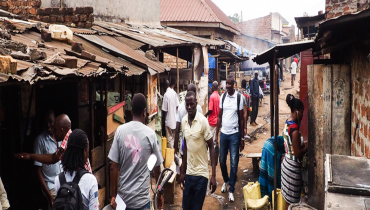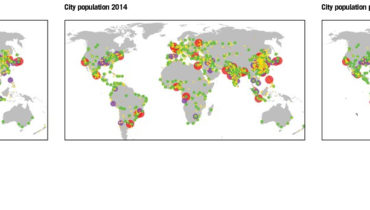IMPACT launches new programme to inform settlement-based approaches in out-of-camp refugee contexts
13 August 2018
Over 60% of the world’s total number of refugees live in urban environments*. Despite the fact that a broad consensus has been established among humanitarian actors on the need to increase and improve support to out-of-camp refugees, the complex nature of refugee crises in out-of-camp environments calls today for a revised approach to humanitarian responses.
With support from BPRM, IMPACT is launching a new program in partnership with UNHCR to support the roll-out of settlement-approaches in out of camp refugee responses. The aim of this program is to provide practical tools and information to the humanitarian community on how to engage with and understand local actors and communities, supporting existing response capacity and coping mechanisms. Overall, this project hopes to support the aid system in shifting from sector-specific to multi-sectorial responses, by utilising settlement-based approaches, which will enable and empower local response capacity and recovery.
Through this two-year program, IMPACT will conduct three country-level deployments to pilot the roll-out of a settlement-approach toolbox, integrating lessons learned from these pilots and refining the tool-box and guidance which will then be available to all aid stakeholders. IMPACT will moreover provide training to humanitarian partners on the settlement-approach tool-box, in order to ensure that such approaches are mainstreamed when relevant in out-of-camp refugee responses. Two global-level conferences will be organized on this topic over the coming two years, regrouping humanitarian and development actors, as well as governance networks, to review the lessons learned and discuss the implications on how the humanitarian system coordinates responses in out-of-camp refugee settings.
By refining and rolling-out settlement-based approaches in partnership with UNHCR and other humanitarian partners, this program will provide a territorial framework upon which to identify needs, manage information, plan response and coordination among humanitarian actors and with target communities, thereby providing more efficient, locally integrated and sustainable humanitarian solutions for refugees living in out-of-camp contexts.


